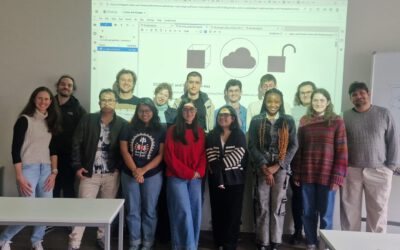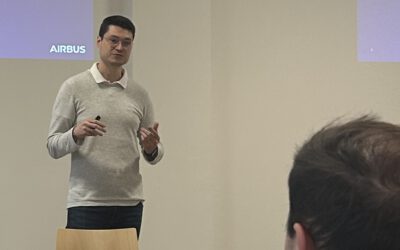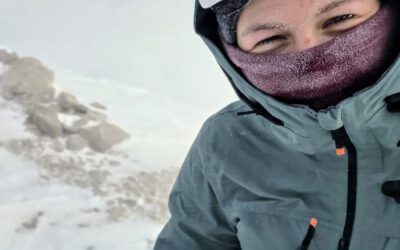 A new article by our former PhD student Dr. Yvonne Walz just got published. The article “Use of an ecologically relevant modelling approach to improve remote sensing-based schistosomiasis risk profiling” aims at the advantages of using spatial modelling approaches for disease risk analysis using remote sensing. Schistosomiasis is a widespread water-based disease that puts close to 800 million people at risk of infection with more than 250 million infected, mainly in sub-Saharan Africa. Transmission is governed by the spatial distribution of specific freshwater snails that act as intermediate hosts and the frequency, duration and extent of human bodies exposed to infested water sources during human water contact. Remote sensing data have been utilized for spatially explicit risk profiling of schistosomiasis. Since schistosomiasis risk profiling based on remote sensing data inherits a conceptual drawback if school-based disease prevalence data are directly related to the remote sensing measurements extracted at the location of the school, because the disease transmission usually does not exactly occur at the school, we took the local environment around the schools into account by explicitly linking ecologically relevant environmental information of potential disease transmission sites to survey measurements of disease prevalence. Our models were validated at two sites with different landscapes in Côte d’Ivoire using high- and moderateresolution remote sensing data based on random forest and partial least squares regression. We found that the ecologically relevant modelling approach explained up to 70% of the variation in Schistosoma infection prevalence and performed better compared to a purely pixelbased modelling approach. Furthermore, our study showed that model performance increased as a function of enlarging the school catchment area, confirming the hypothesis that suitable environments for schistosomiasis transmission rarely occur at the location of survey measurements.
A new article by our former PhD student Dr. Yvonne Walz just got published. The article “Use of an ecologically relevant modelling approach to improve remote sensing-based schistosomiasis risk profiling” aims at the advantages of using spatial modelling approaches for disease risk analysis using remote sensing. Schistosomiasis is a widespread water-based disease that puts close to 800 million people at risk of infection with more than 250 million infected, mainly in sub-Saharan Africa. Transmission is governed by the spatial distribution of specific freshwater snails that act as intermediate hosts and the frequency, duration and extent of human bodies exposed to infested water sources during human water contact. Remote sensing data have been utilized for spatially explicit risk profiling of schistosomiasis. Since schistosomiasis risk profiling based on remote sensing data inherits a conceptual drawback if school-based disease prevalence data are directly related to the remote sensing measurements extracted at the location of the school, because the disease transmission usually does not exactly occur at the school, we took the local environment around the schools into account by explicitly linking ecologically relevant environmental information of potential disease transmission sites to survey measurements of disease prevalence. Our models were validated at two sites with different landscapes in Côte d’Ivoire using high- and moderateresolution remote sensing data based on random forest and partial least squares regression. We found that the ecologically relevant modelling approach explained up to 70% of the variation in Schistosoma infection prevalence and performed better compared to a purely pixelbased modelling approach. Furthermore, our study showed that model performance increased as a function of enlarging the school catchment area, confirming the hypothesis that suitable environments for schistosomiasis transmission rarely occur at the location of survey measurements.
http://geospatialhealth.net/index.php/gh/article/view/398








